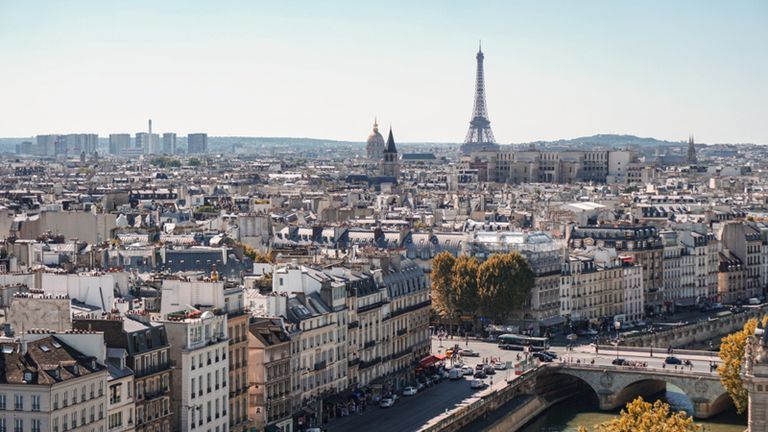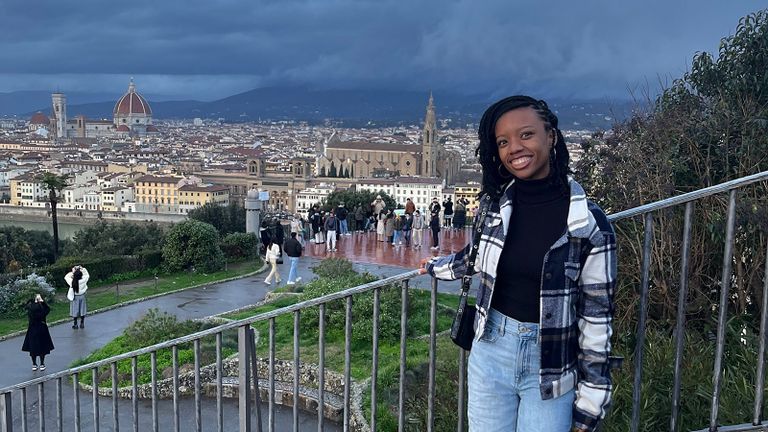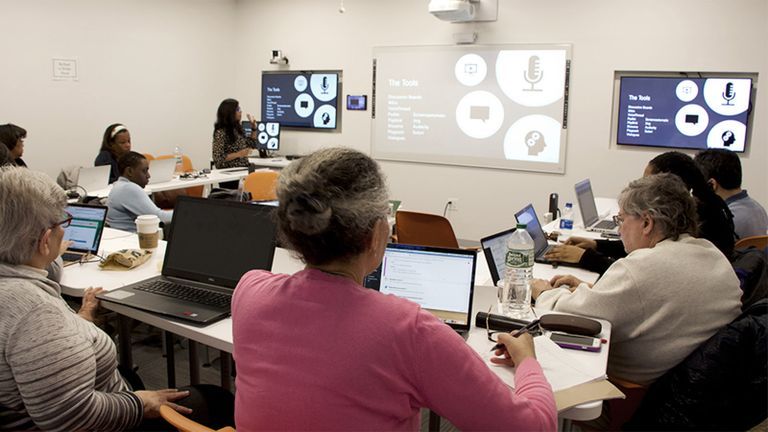Overview
The Department of Romance Languages’ Graduate Division offers MA degrees in French, Italian, and Spanish as a terminal degree or as a preparation for a doctoral program in the respective areas. The Department also offers an MA/TEP (Teacher Education Program) in each language in conjunction with the School of Education. This MA/TEP Program is designed to prepare candidates to teach in elementary and secondary schools. The department enjoys the teaching and scholarship of professors who have acquired high reputation in their respective fields.
The master's degree programs in French, Italian, or Spanish at Hunter College offer a gateway to professional advancement and intellectual enrichment. Whether you aspire to a career in teaching, translation, international business, diplomacy, or any field that values intercultural competence, our MA programs provide the linguistic proficiency, cultural insight, and critical thinking skills necessary for success.
Beyond serving as a practical credential for career advancement, the MA experience is a transformative journey of intellectual exploration and personal growth. Students engage deeply with the literature, history, and cultural heritage of their chosen language, gaining a nuanced understanding of its significance in a global context.
Moreover, the MA serves as a stepping stone for those considering further academic pursuits. Whether pursuing a PhD or seeking advanced knowledge in the humanities, the MA program lays a solid foundation for future scholarly endeavors. Notably, the MA degree also offers a seamless transition to doctoral studies at the CUNY graduate center, with credits earned applicable toward the first year of the PhD program.
By offering a flexible and comprehensive curriculum, the MA program in the Department of Romance Languages empower students to chart their own path to academic and professional success while fostering a deep appreciation for language, culture, and humanistic inquiry.






